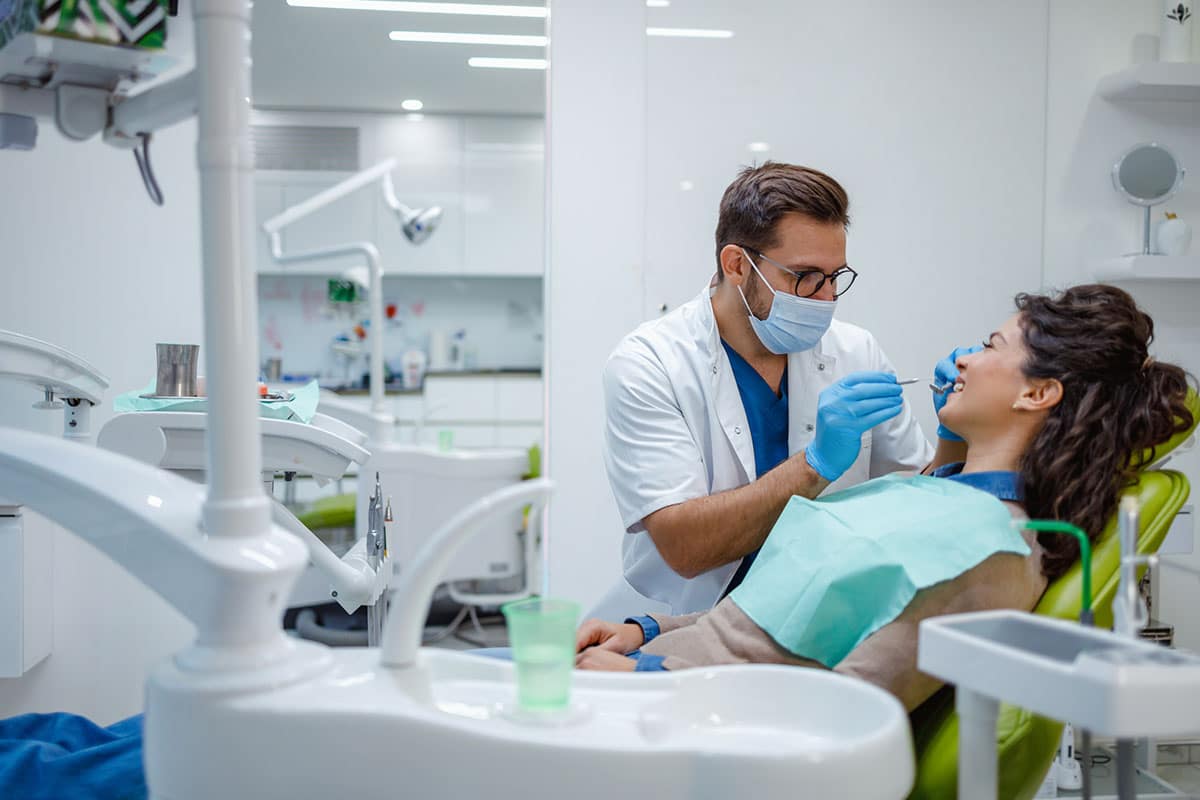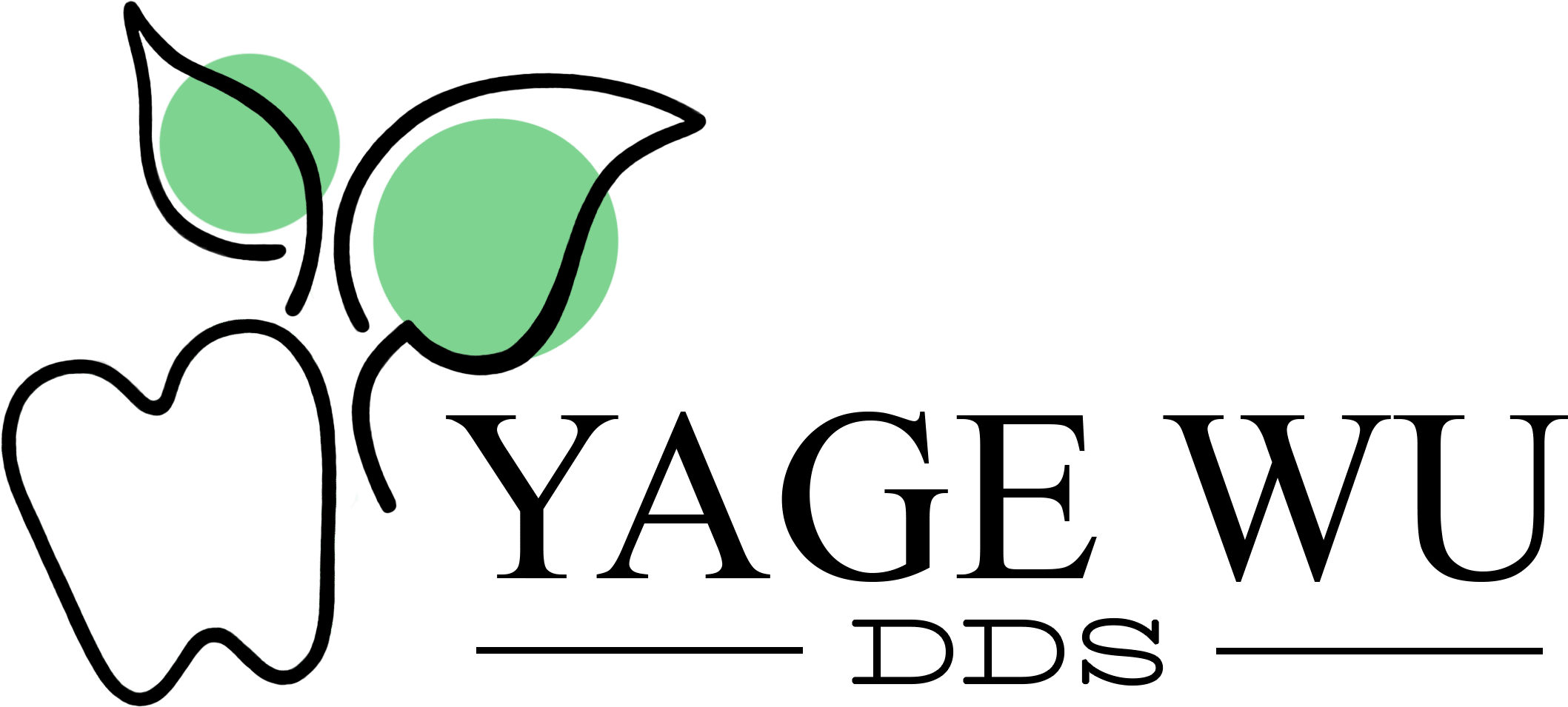
Regular dental check-ups are crucial for more than just a bright smile; they are directly linked to overall health. Poor oral health can lead to systemic issues like heart disease and diabetes. Preventive care is more effective and cost-efficient than treating advanced problems. Routine check-ups help catch issues early, such as cavities or oral cancer, saving money and ensuring long-term health.
Frequency of Check-ups
How often should you visit the dentist? Generally, scheduling a check-up every six months is recommended to catch potential issues early. However, this can vary based on individual needs. Adults with gum disease or diabetes might need more frequent visits, while those with excellent oral hygiene might only need an annual visit. Lifestyle factors like smoking, a high-sugar diet, or dry mouth can also affect your check-up schedule. Consult your dentist for a personalized recommendation to ensure optimal care.
What to Expect During a Regular Check-up
Unsure about what happens during a dental visit? Here's a quick guide to ease any anxiety. A typical check-up includes two main parts: examination and cleaning.
During the exam, your dentist checks your teeth, gums, and mouth for issues like cavities, gum inflammation, or plaque. They may also assess your bite and jaw alignment and use X-rays to see areas not visible to the eye.
Then comes cleaning, where plaque and tartar are removed to prevent cavities and gum disease. A dental hygienist may polish your teeth to remove surface stains, leaving you feeling refreshed. Feel free to ask questions—your dentist is there to keep you informed about your oral health.
Common Dental Problems and Early Detection
Regular check-ups are key for catching dental issues early. Cavities, for instance, can be treated with a simple filling before they worsen. Gum disease, affecting nearly half of U.S. adults, is easier to handle when diagnosed early, preventing tooth loss and reducing health risks like heart disease. Routine exams are also vital for detecting oral cancer early, when treatment is more effective. Your dentist can identify problems before they become noticeable to you. Regular visits can mean the difference between a minor issue and a major health problem.
Tips for Maintaining Good Oral Health Between Check-ups
Keeping your teeth and gums healthy between check-ups is just as important as the visits themselves. A consistent oral hygiene routine is key. Brush twice a day with fluoride toothpaste and floss or use interdental brushes daily.
Diet is also important. Limit sugary snacks and drinks to reduce cavities, and eat foods rich in calcium and vitamin D to strengthen enamel. Drinking water helps wash away food debris and maintain saliva, which naturally protects your teeth.
Regular oral care doesn’t have to be complicated, but it’s essential for a clean bill of health at your next dental visit.
Overcoming Barriers to Regular Check-ups
Many adults avoid dental check-ups due to cost, fear, or busy schedules, even though they're important. To tackle these challenges, explore dental insurance, payment plans, or clinics with sliding scale fees. Many practices strive to make care accessible. For anxiety, consider sedation options or find a dentist who specializes in treating anxious patients. Manage time by scheduling appointments in advance at convenient times. Prioritizing your dental health now can prevent future oral issues.
Final Thoughts
Regular dental check-ups are more than a routine task—they’re an investment in your overall health and well-being. With benefits ranging from early detection of serious conditions to simply saving money over time, there’s no better way to protect your smile.
Frequently Asked Questions About Dental Check-ups
How often should adults get a dental check-up?
Most adults are advised to visit the dentist every six months. However, this schedule may vary based on your oral health, lifestyle, and medical history. Consult with your dentist to determine what’s best for you.
Are dental cleanings really necessary if I brush and floss regularly?
Yes. Professional cleanings remove plaque and tartar that daily brushing and flossing can’t reach. They also help identify areas you might be neglecting, ensuring your oral care routine is as effective as possible.
